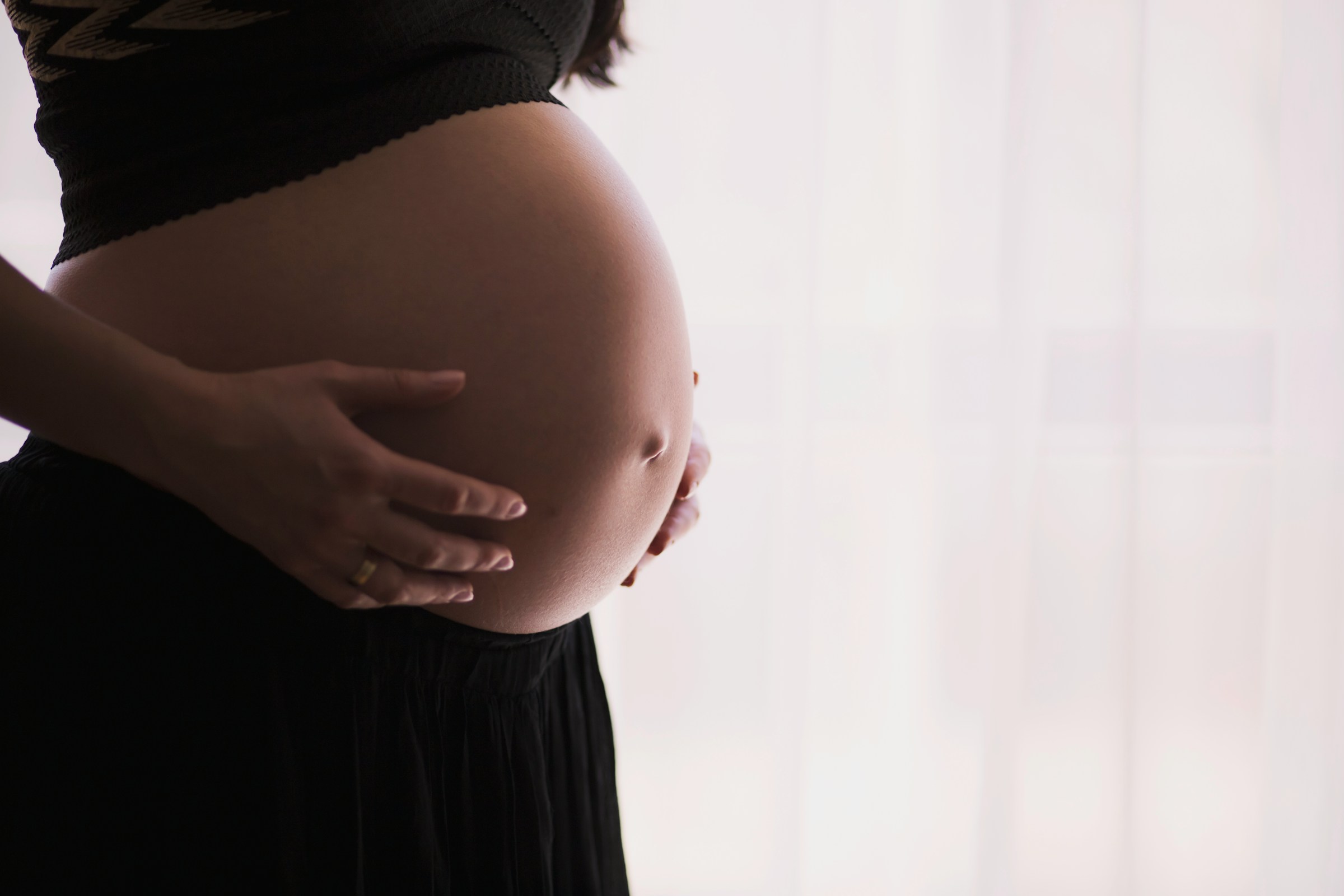
Parenthood is often an emotional rollercoaster that exposes you to the extremes of emotional ups and downs. The unconditional love for a child is a unique experience. There is the extreme joy and excitement when you hold your baby, when you get smile or the first drawing from your child. These can be absolute magical moments. On the other hand not many people can make you as angry and frustrated as your child. They wake you up at night, throw tantrums, cause chaos and often do the opposite of what you want them to do. Children can also cause extreme anxieties and worries. As we love them so much, we can easily get anxious thinking about the bad things that could happen to them or whether they develop as we hoped and expected.
Parenthood is an extreme rollercoaster ride that tests your patience, resilience, and strength. It tests your relationship with your partner, friends and family. It pushes you and your relationships to new limits and challenges your beliefs about yourself and the world. It also makes you experience a depth of love and selflessness that you have not encountered before. Parenthood teaches you to be selfless, to sacrifice, and to prioritise the needs of your child above your own and others.
Parenthood can be a profound personal transformation. Alongside the happiness and love for your child, there is a simultaneous experience of loss of your old identity - in particular for women - as your focus shifts from your own individuality to the well-being and development of your child. This transition can bring its own challenges and struggles. As you navigate through the emotional ups and downs of parenting, you will encounter many changes in your life as priorities realign, relationships evolve, and personal growth takes on a new dimension.
How do you cope with these big feelings and emotions? Try using a mindful approach to parenting and your life. Also look after your mental and physical wellbeing. Our emotions are always with us and shape our perception and wellbeing. At the same time, we are not just the product of our thoughts. We can actively work to better cope with negative feelings and thoughts that can be part of being a parent. You will not worry about the emotional highs and excitement of being parent but the emotional lows like anxieties and depression.
Practice mindfulness to develop a more balanced mindset. Mindfulness meditation can help you to reshape your thoughts and perspectives. By focusing on slow and deep breathing you detach yourself from negative emotions and observe them more neutrally as outside visitors without judgement and prejudice. You become aware of them and acknowledge them, but you also notice that you can let them go. Mindfulness helps you to focus on the here and now without dwelling on the past or worrying about the future. You become more focused on the task at hand. Mindfulness practice is scientifically proven to help you better manage and regulate your emotions.
When you can keep your negative emotions under control, you will react to stressful situations in a calmer and more balanced way. This will improve your parenting as you can better deal with the more challenging behaviours of your children. A child’s tantrum or unruly behaviour may still annoy you, but you will be able to react in a much more balanced and measured way to avoid escalation and negative responses. Take ten to fifteen minutes - ideally in the morning - to practice mindfulness.
Practice self-care. Look after your body and mind. The physical side includes healthy nutrition, movement and exposure to nature. The mental side comprises mindfulness practice and taking time out for yourself to recharge your batteries.
Look after the quality of your sleep. When you have a baby or little children you are likely to suffer from lack of sleep. Use sleep mediations to get back to sleep and find time top up your sleep when possible. Make your sleep environment is fit for purpose and avoid mental and physical stimulants before you go to bed.
Connect and communicate with other parents and family members to exchange your feelings and get a bit of parental solidarity about your situation. Talking to others about your emotions can be therapeutic and will also make you understand that you are not alone in your emotional rollercoaster.
Many negative feelings about being a parent stem from the aspiration to be the perfect parent. You look at the social media presentation of apparently perfectly happy families and beat yourself up about not being a good enough parent. Perfection does not exist in parenting. It is permeant juggling and improvisation. Most parents are doing the best they can for their children and family. So, accept the fact that you may not be the perfect parent - which actually doesn’t exist - but you are not only a good enough parent but the best parent you can be. And that is good enough. You may want to use self-affirmations to tell you that.
Being a parent is an emotional rollercoaster experience. While you cannot change the emotional ups and downs you can become more mindful and balanced to better manage the negative emotions and feelings.
Related articles
Explore our wide range of expert-led articles, guides and tips on parental mental wellbeing.


